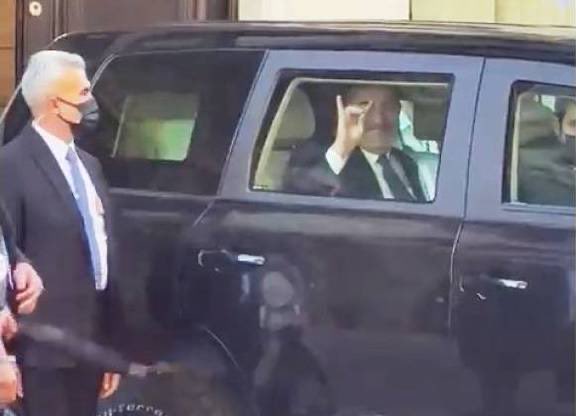
How about the United States, since we’re at it? 
https://twitter.com/prosyn/status/1519738222791725056

It really is something to make such a sweeping claim, and leave out the one country built on a lasting legacy of genocidal conquest.
Not to mention this recent incident….
Or should we now engage in intellectually lazy and empirically selective takes because #WeAreNATO?
Or should we now engage in intellectually lazy and empirically selective takes because #WeAreNATO?

Reminder that the role of ethnic cleansing and genocide as original sins of modernity - including liberal modernity - is often forgotten. 

• • •
Missing some Tweet in this thread? You can try to
force a refresh



